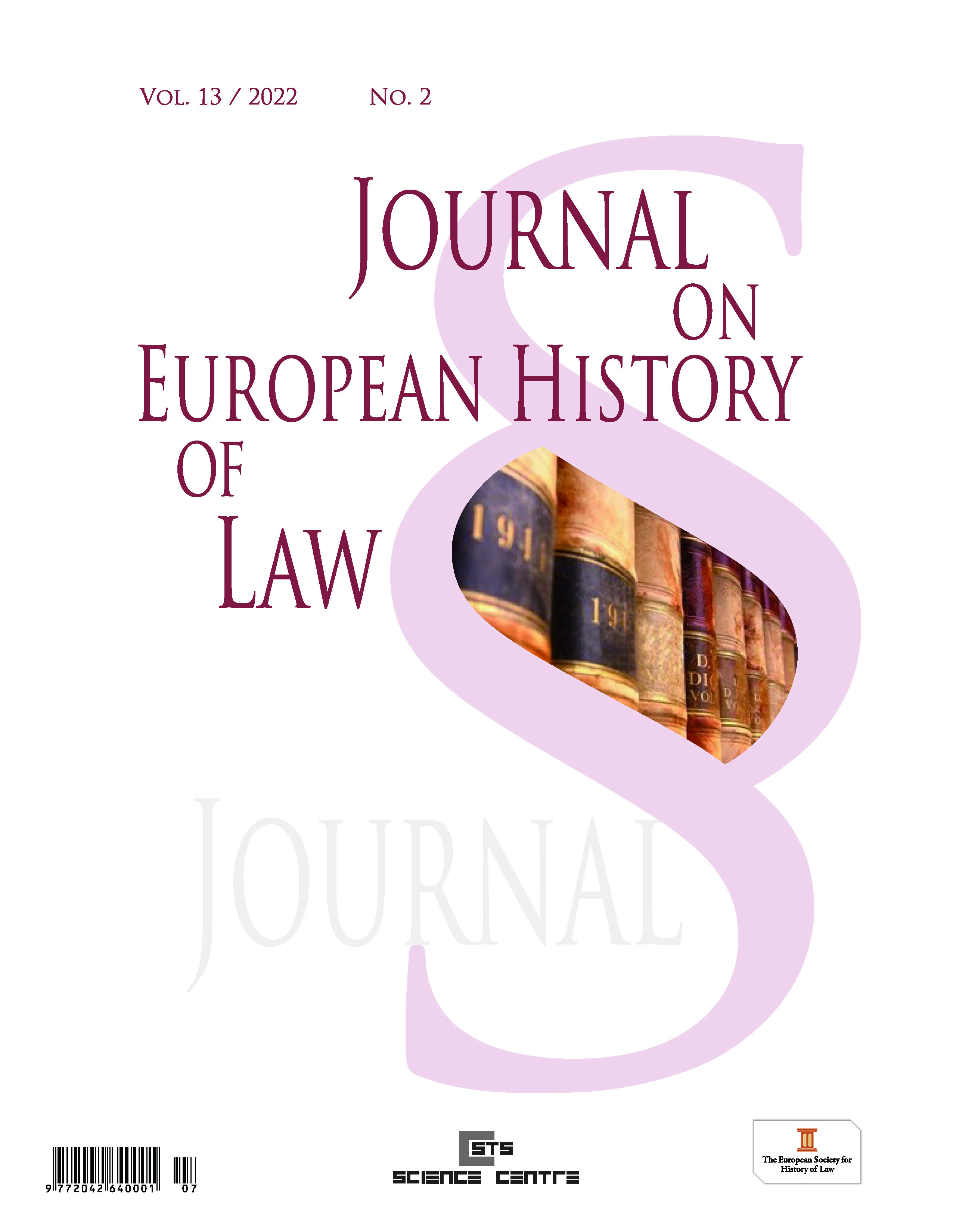The Habsburg Monarchy and the South-American Question 1815–1842
The Habsburg Monarchy and the South-American Question 1815–1842
Author(s): Miriam GassnerSubject(s): History, Law, Constitution, Jurisprudence
Published by: Evropská společnost pro právní dějiny, z.s.
Keywords: South America; Habsburg Monarchy; Holy Alliance; 19th century; war of independence; diplomatic relations; recognition of new states; Congress of Vienna; Congress of Troppau; Congress of Verona; Brazil
Summary/Abstract: When the Spanish-American colonies successively declared their independence in the first half of the 19th century, the European Powers had to decide on how to deal with these newly formed republics. Already at the Congress of Vienna in 1814/15, the Holy Alliance decided to follow the principle of legitimacy set up by the French diplomate Prince Charles Maurice de Talleyrand However, the interests of the European Powers that formed the Holy Alliance were too diverse to adhere to the principle of legitimacy for long: While the eastern powers (Austria, Russia and Prussia) adhered to the principle of legitimacy and refused to recognize the newly formed Spanish-American republics, France soon followed the British path and started to recognized the Spanish-American republics as sovereign states. Only the Empire of Brazil, which was ruled by the Portuguese heir to the thron Dom Pedro and his wife the Habsburg Archduchess „Leopoldina“, was recognized by the Habsburg Monarchy as early as 1825.
Journal: Journal on European History of Law
- Issue Year: 13/2022
- Issue No: 2
- Page Range: 2-11
- Page Count: 9
- Language: English

